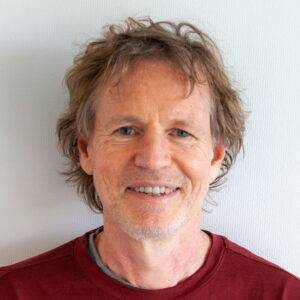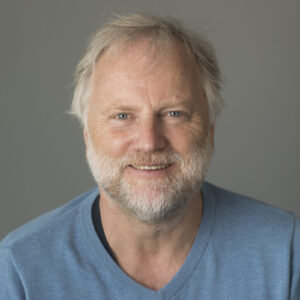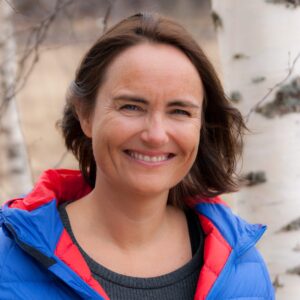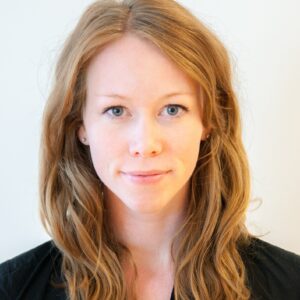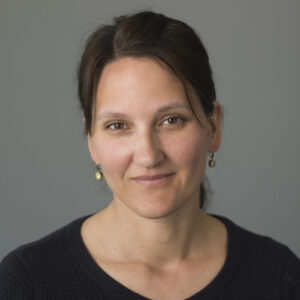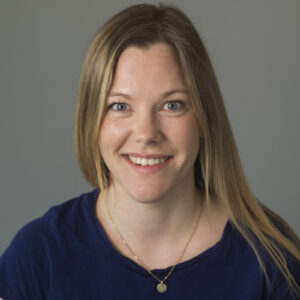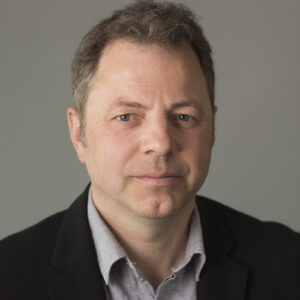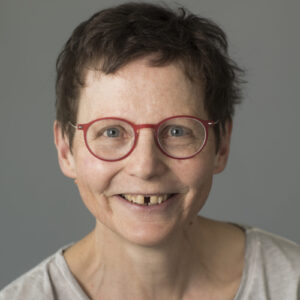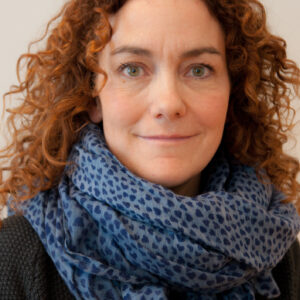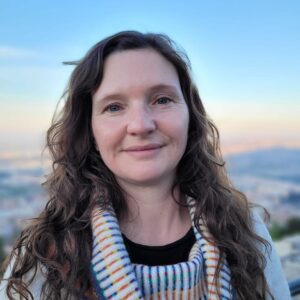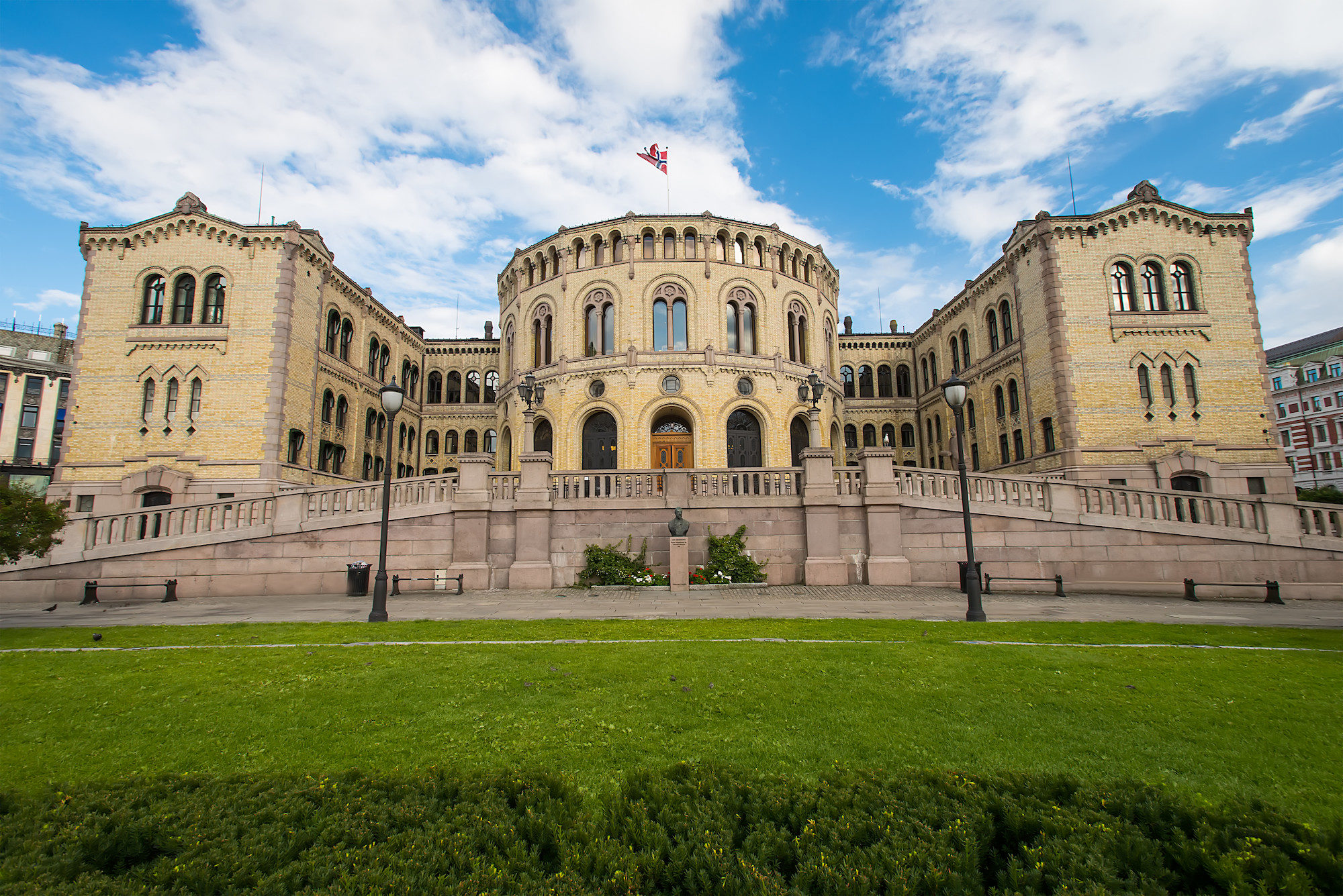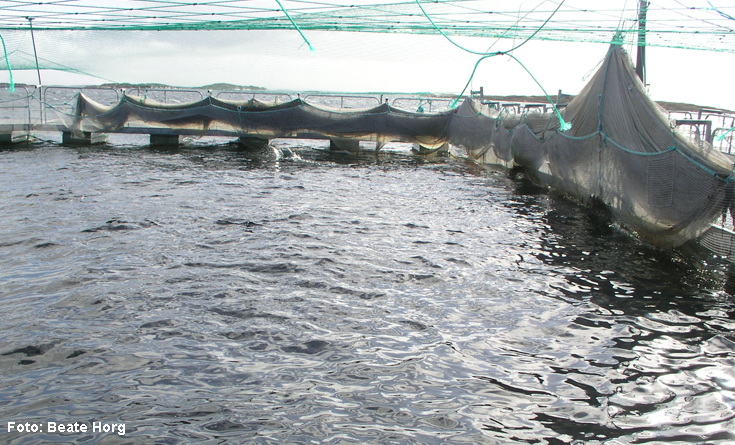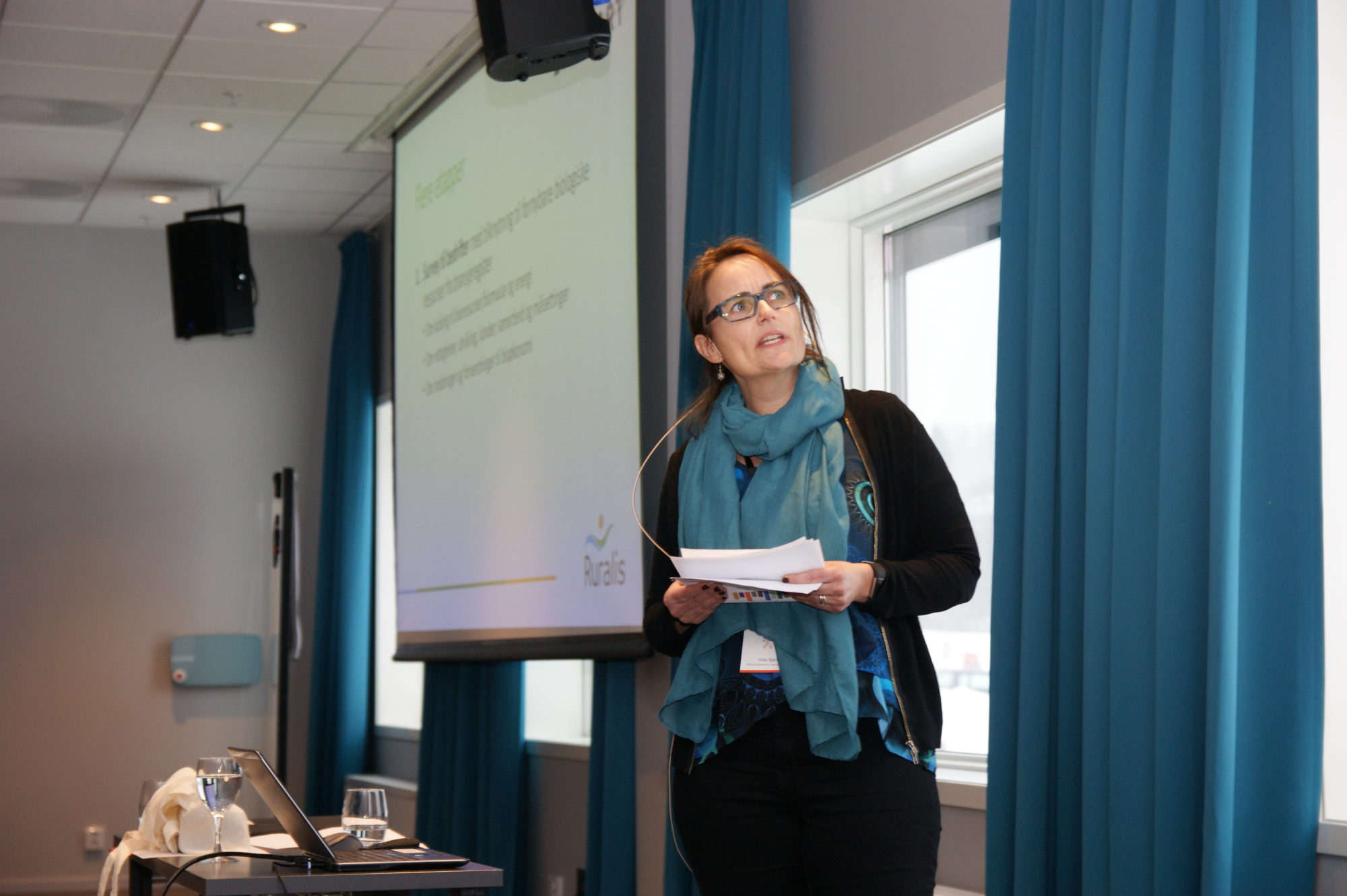BIOSMART: Managing the transition to a “smart” bioeconomy
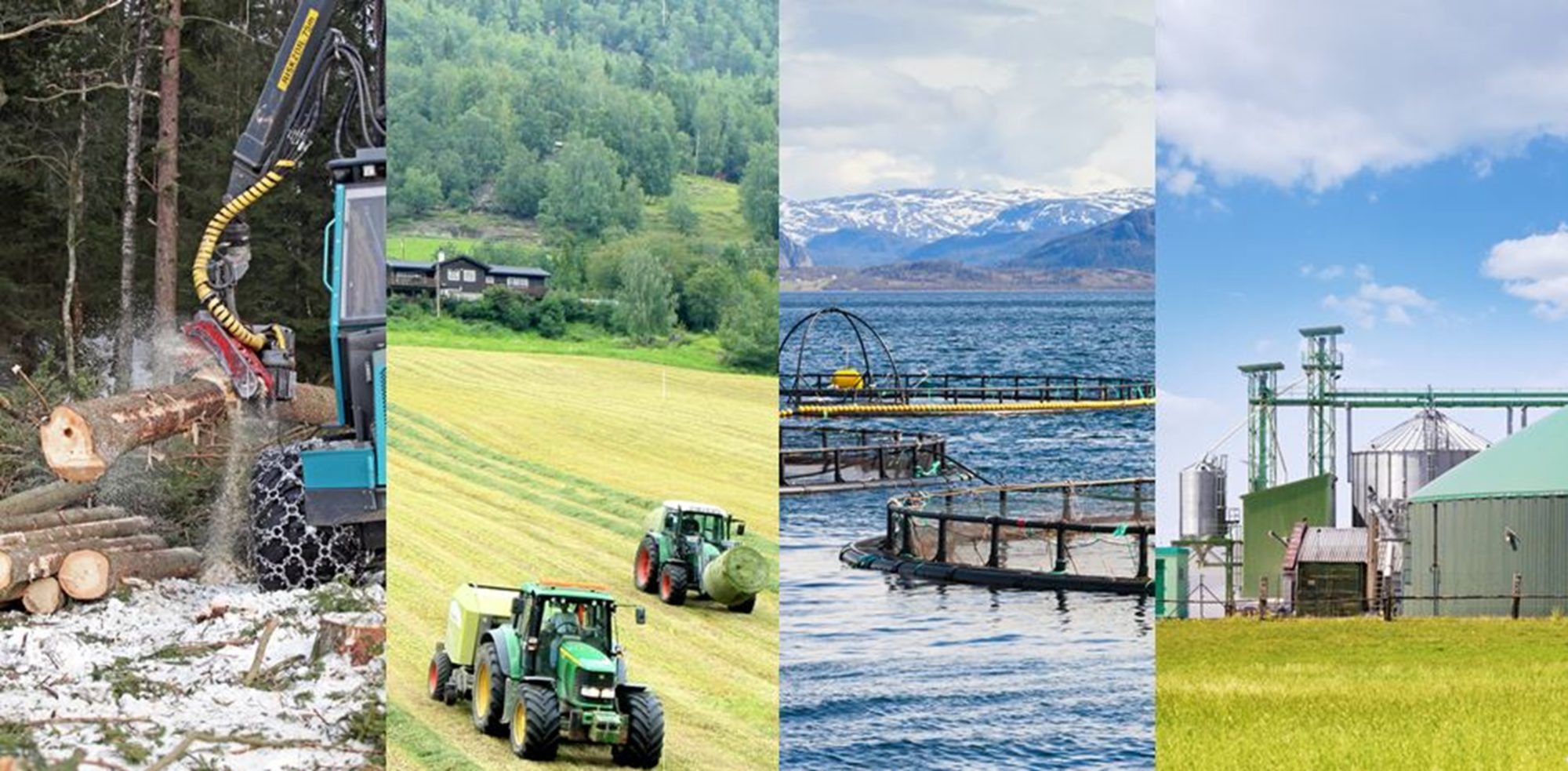
The Research Council of Norway’s (RCN) Work Program 2012-2021 on sustainable innovation in food and bio-based industries presents itself as a “visionary framework” for the development of a “bioeconomy.” As the combination of multiple transitioning socio-technical systems (e.g. forestry, farming, fisheries, biosciences, industry) the move to a bioeconomy does indeed require “visionary” work. In particular, developing a “smart” bioeconomy (integrated, human-capital and technology based, and wisely implemented) requires development across and between the biosectors. In addition, as a societal transition, it needs to be acceptable by citizens and consumers alike, while the reconfiguration of the resource base to biomass and move to a knowledge economy raises issues for intellectual property (IP) and other property rights. BIOSMART promotes a “smart” transition by conducting a major foresighting exercise on stakeholders in the bioeconomy. An initial extensive foresighting process will cover 1500 businesses from the farming, forestry, fisheries, bio-science and industry sectors to develop SEPARATE industry scenarios of bioeconomic development.
A number of key scientific studies will be conducted around the foresighting exercise. These look at bio-tech transitional processes in Norway, issues of IP and land use rights, how the resources envisaged for the bioeconomy might be sourced, optimal location of bioeconomic development, whether the new bioeconomy will be environmentally sustainable and energy efficient, and what level of value creation we might expect. These will provide input into a second round of foresight aimed at developing 4 INTEGRATED scenarios of bioeconomic development across all sectors and stakeholders and suggesting ways of achieving the transitions. While there are numerous scientific, advisory and policy outputs from BIOSMART, the main outcome will be to prepare industry, government and society for the coming transition to a “smart” bioeconomy.
Project details
Project number
BIOSMART
Project period
01/01/2015 - 31/12/2018
Collaboration partners
NIBIO; Norut; SINTEF; NTNU; Universitetet i Oslo; Agripol, Germany; James Hutton Institute, UK; Plymouth University, UK; Technical University of Denmark; University of Otago, New Zealand; McGill University, Canada; NHO Mat og Drikke
Financing
The Research Council of Norway, BIONAER Program
News
Barriers in the Bioeconomy
This is the conclusion from a review of Norway’s policy, regarding the transition to a bioeconomy society. –…
Those with lowest expectations needs more involvement
Simultaneously, the identified sector differences hints about actors in need of more involvement. These are among the…
Technology, society and the bioeconomy
New technology creates several possibilities in the bio economy. Without the society at the same page though, a…
Contact us
Would you like to get in touch with us?
Fill in the form below and we will answer you as soon as possible.
